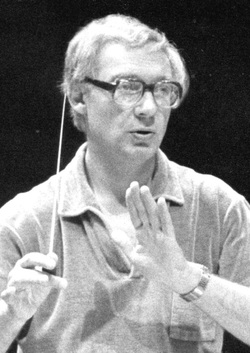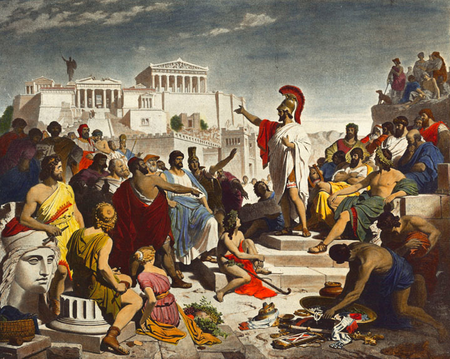Guy Jonathan Borer
Today we said farewell to our friend and fellow chorister, Guy. He was a stalwart of the bass line and died after a short illness. We shall miss our enthusiastic and committed member of the choir.
The music at his funeral was chosen because he loved it.
O Thou The Central Orb Charles Wood Words H R Bramley
Guy particularly liked this anthem as it has a stirring bass entrance in the middle of the piece.
The choir said together
Bless, O Lord, us thy servants, who minister in thy temple.
Grant that what we sing with our lips, we may believe in our hearts,
and what we believe in our hearts, we may show forth in our lives.
Through Jesus Christ our Lord,
Amen.
As Guy took his final journey on this earth, we sang the Nunc Dimitis in C by C V Stanford.
Lord, now lettest thou thy servant depart in peace according to thy word.
For mine eyes have seen thy salvation,
Which thou has prepared before the face of all people;
To be a light to lighten the Gentiles and to be the glory of thy people Israel.
Glory be to the Father, and to the Son, and to the Holy Ghost:
As it was in the beginning, is now and ever shall be;
World without end.
Amen.
For the recessional, our musical director Joanna Chivers, played Guy's favourite organ piece, The War March of the Priests from
Athalia by Felix Mendelssohn.
:format(jpeg):mode_rgb():quality(40)/discogs-images/A-3018977-1448348040-3639.jpeg.jpg)




